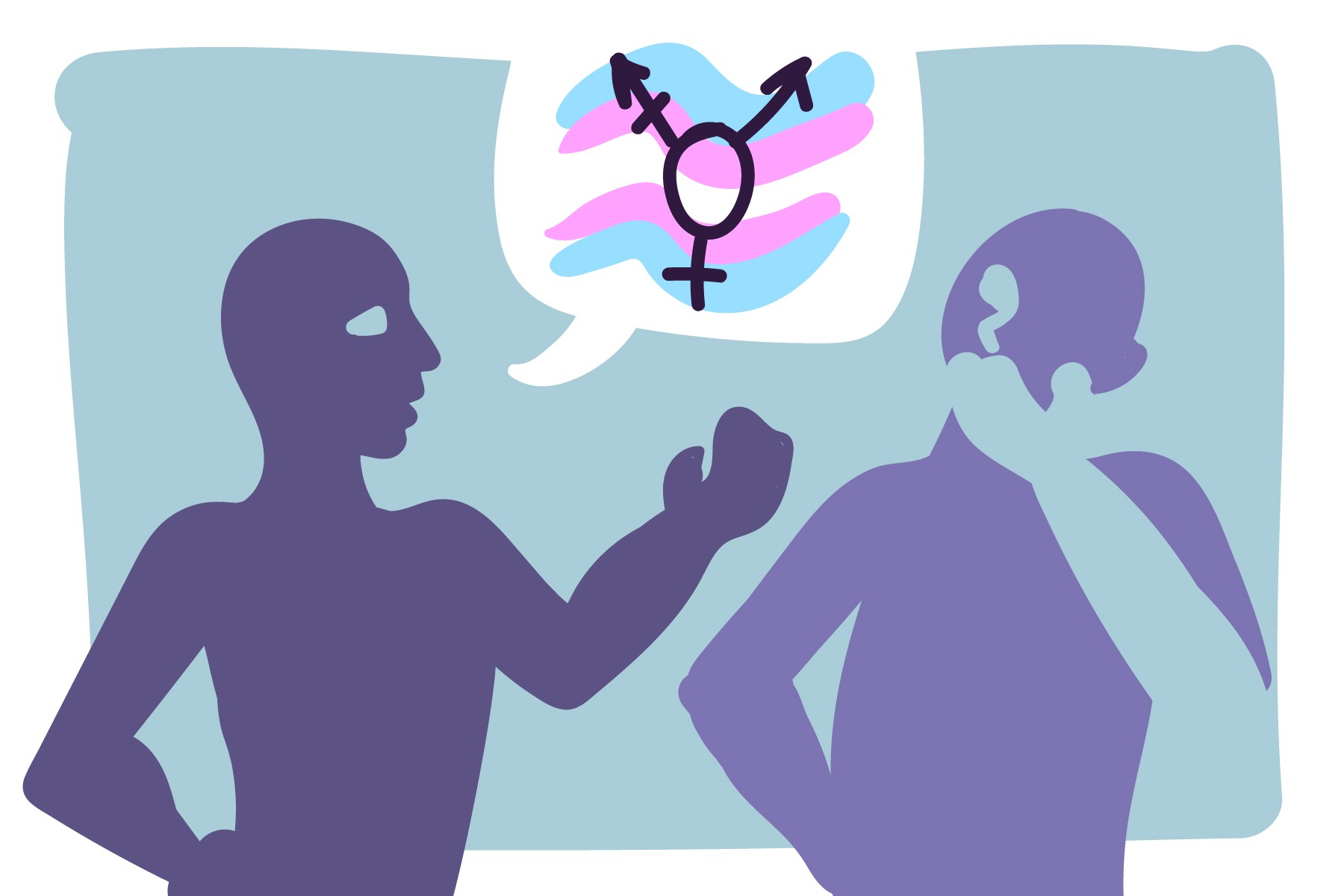University of Minnesota staff and faculty are training to facilitate the recently passed gender equity and access policy.
The policy asks that faculty use students’ specified names and gender pronouns, among other rules intended to make the University more inclusive of transgender and gender non-conforming individuals. The Gender and Sexuality Center for Queer and Trans Life is now accepting applications for the spring cohort of faculty and staff training. The first cohort took place before the policy passed in December.
Saby Labor, GSC director, said the program aims to spread education to different areas of the University by assigning staff who are familiar with their unit’s culture.
“The staff who are now facilitators, they are deeply embedded in the context of their unit, department, college or center,” Labor explained.
Once trained, the facilitators are tasked with working to educate their colleagues, helping them work through questions and mistakes.
Noelle Noonan, director of student affairs and registrar in the Law School, applied for the spring cohort of the training program.
She emphasized the importance of living out the policy and modeling behavior for others.
“I think this is a good opportunity for individuals who are passionate and are interested and want to dedicate that time and energy to sort of be champions of that policy,” she said.
Facilitator Erin Keyes, who is also the assistant dean of students in the Law School, said in an email to the Minnesota Daily that a training session took place earlier this week for Law School employees.
“The Facilitator Training Program for Gender Equity Access allows the Law School to better recognize and honor gender diversity in our community, knowing that it is an essential piece of who we are,” she said in the email.
Noonan, who has also been involved with learning opportunities for faculty in the Law School, said difficult questions have been and will continue to be raised during the learning process.
“That’s part of the process, is to have dialogue, to have open conversation and to also start to have an improved vocabulary within these conversations and a shared vocabulary in these conversations,” she said.
One challenge for the University community will be overcoming social structures that have been deeply ingrained for generations, Labor said.
“As adults, it is difficult to change behaviors that have become socialized in us for so many years,” they said.
Labor said they believe the staff is very capable of working through these cultural learning moments.
The education this year is focused on names and pronouns, the area of the policy that garnered the most questions during the consultative phase of the policy process, Labor said. Future education will likely focus on the other aspects of the policy.
The GSC is in contact with the Minnesota Student Association about potentially starting similar training for students in the future as well, Labor said.
Applications for the spring cohort close this Friday. Training will take place in early February.
“The second cohort is where we are going to pause and reflect and integrate learning and see where we’re going to go next,” Labor said.








